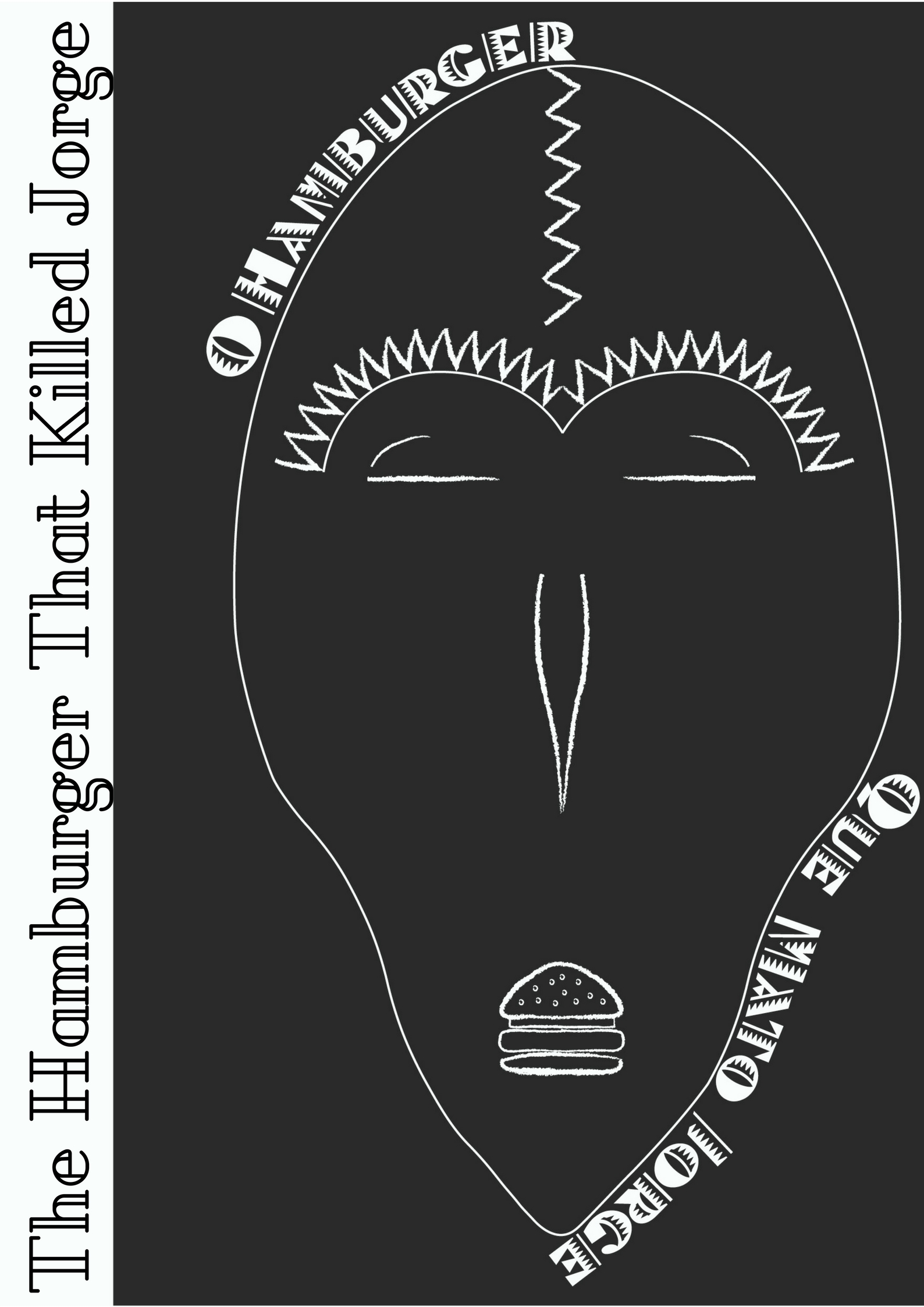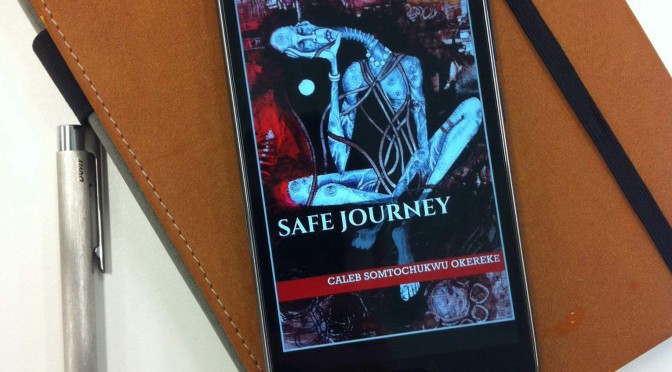by Ralitsa Chorbadzhiyska. Ralitsa is an undergraduate student in the English Department in her third year, with research interests in Modernism and Contemporary culture. Ralitsa worked as an editorial and marketing intern at Bahati Books this summer as part of King’s Internship Summer Scheme. She also has a personal blog where she writes about books, music and art.
Ever since applying for university I knew I wanted to study English literature and use my degree to become involved with publishing. But I never knew which role would suit me best – an editor, an agent, a person in marketing or sales. I applied for my internship with Bahati Books before going into my third year as I figured that the best way to find what part of publishing intrigues me the most was to learn from experience.

Why Bahati Books?
Bahati Books publishes digitally and promotes African literature by African authors. I was interested in finding out more about the world of exclusively digital editions – a growing platform for reaching readers from all around the world without the hassle of a distributor. And on a more personal level, being able to access good literature digitally, on your phone or tablet, is really appealing. Anyone who has had to heft around The Norton Anthology of Poetry or The Faerie Queene would agree.
Bahati Books is ‘fighting’, to quote Nigerian novelist Chimamanda Ngozi Adichie’s TED talk, ‘the danger of a single story’ when it comes to Africa. The publishing house aims to promote a well-rounded and well-represented canon of African stories, novels and poetry by authors from across the continent and the diaspora.
Chinua Achebe’s internationally acclaimed ‘Things Fall Apart’ was published over fifty years ago – how many other African novelists can most people in the UK name? The world has so much more to learn about people’s lives and cultures in the 54 different countries that are so often overlooked in UK and US publishing. We all know how classrooms and prize-lists need to engage critically with and promote a wider range of writing. Of course, ‘African literature’ is a misleadingly singular term – as Bahati Books’s list shows!
Coming from Bulgaria, a country with rich and abundant literary canon that remains mostly unknown to the international readership, I felt for Bahati’s mission. I wanted to become part of spreading the word about quality books and writers that deserve worldwide attention.

The Internship
I began my internship, based at the King’s Entrepreneurship Centre two days a week, in July. The atmosphere there is lovely due to the open work space set up. People were all friendly and I met other King’s students interning at a variety of other companies.
I was introduced to Bahati Books by Kudakwashe Kamupira, one of the co-founders, who gave me guidance and advice throughout my time with the publishing house.
I was responsible for reaching out to reviewers, communicating with other editors and writers, creating newsletters, coming up with marketing strategies, writing an article on African crime fiction, managing social media pages and much more!
Editing
On the editorial side, I worked on some brilliant pieces by authors from Nigeria, Mozambique and Malawi.
As I had edited for the KCL English journal before, it felt great to have the opportunity to practice professionally, and on a variety of genres – from a sci-fi story ‘Sentient Skies’ by Nos Jondi to a Mozambican crime fiction short story anthology, ‘The Hamburger That Killed Jorge’, translated to English by Alex Macbeth.

Nos Jondi is Bahati’s first author from Malawi. He is based in Lilongwe where his short story ‘Sentient Skies’ is set. The story begins with the sense of a looming apocalypse:
‘Day’s end approached ever so slowly, complemented in part by the silhouette of an owl against the backdrop of a twilit sky, perched stoically on the branch of a straggling acacia tree.’
The tale begins where the day ends. It soon becomes clear that this introspective narrator is trapped in a reality and place on the brink of destruction. To manage his hopeless situation, he drinks beer while waiting for his world to perish: ‘I took a swig, the beer coursing down my insides. The tingling started around my ears, a slight buzz that would get louder the more I drank’ – chillingly calm as his world is gradually tumbling down. ‘Sentient Skies’ is a marvellous example of universal sci-fi, imagining a menacing future, that just happens to be written by a Malawian author and set in Lilongwe.

‘The Hamburger That Killed Jorge’ is a collaboration between Bahati Books and Ethale Publishing, conceived to promote the rare genre of Mozambican crime fiction. The anthology was first published in Portuguese and has been translated in English by Alex Macbeth for Bahati Books. I wrote the following synopsis as part of the pre-marketing process for the release:
‘The Hamburger That Killed Jorge’ is an anthology of crime fiction dedicated to the Swedish crime writer Henning Mankell, who lived in Mozambique for many years before his death in 2015. The collection represents the work of 15 talented Mozambican authors who were selected by a jury that included Mbate Pedro and Eduardo Quive. Gangs, dangerous neighbourhoods, a murder in a concert hall and TV scams – the stories in this collection vary immensely in subjects and plot twists. The only constants are the tension between characters and the brilliant craft of the authors’ storytelling. In addition to literary narrative, you will find that three of the stories are also illustrated. Most curious of all is the eponymous story where a hamburger becomes the cause of the main character’s death!’
A future in publishing?
At the end of my internship, I wish I knew what specific part of publishing I enjoy the most. But I still don’t. Instead, my internship with Bahati Books showed me even more ways I could be involved with the publishing world. Although I love editing, now I want to try other areas of the business. I would definitely recommend the experience to any other English student who wants to find their way in the literary world.
During my internship, I encountered contemporary and fresh narrative by talented authors who deserve to be known all over the world. Bahati Books‘s authors’ writing is intriguing and insightful, promoting a literary tradition that is too often overlooked by international publishing houses. I am happy to have been part of the process and encourage all readers – who haven’t already – to explore writing from across Africa.
You may also like to read
Dissertation stories: Don Quixote to cross-stitch
Blog posts on King’s English represent the views of the individual authors and neither those of the English Department, nor of King’s College London.

